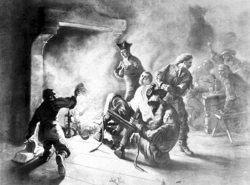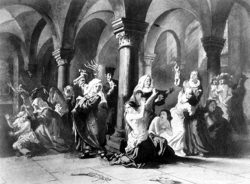Repression and persecution
of the Reformed Church (1685-1700)
After the Edict of Nantes (1685), the recalcitrant Protestants were severely repressed.
Missionaries and dragoons chased the "religionnaires"
About three quarters of Reformed Church members stayed in France. In the face of the “dragonnades” and all kinds of persecution that intensified between 1685 and 1700, most of these recanted.
They officially became Catholic, as stated by King Louis XIV in the introduction to the Edict of Fontainebleau (1685) : “the best and the great majority of our subjects that used to belong to the allegedly Reformed Church (“Religion Prétendue Réformée” or RPR) have become Catholics” (« la meilleure et la plus grande partie de nos sujets de la dite RPR” ont embrassé la catholique »). They were called the New Converts (N.C.).
Persecution and restriction of freedom of conscience
The N.C. were closely monitored. They had to practice their new religion :
- be regular church-goers ;
- have Extreme Unction when near death ;
- have their children baptised by a priest and send them to catechism ;
- if they refused to perform their Catholic duties, children were taken from their parents in order that they may have a Catholic education.
Girls were sent to a convent. Often they could only get out by marrying a Catholic.
If they rebelled, they were transferred to “hospitals”, which were in fact considered as “alms houses”.
Their freedom was restricted.
More specifically was it forbidden to start law or medical school without a certificate signed by a priest proving one was a Catholic, or to sell one’s possessions without authorisation from the King.
Refusal of Extreme Unction was considered a relapse of faith. If people recovered, men might be sent to the galleys and women to prison. In case of death, the body was dragged along the public highway and your legacy confiscated.
The churches were pulled down, pastors expelled, possessions of the consistories given away to hospitals and convents.
The possessions of those who had chosen to emigrate were confiscated. Conversely, if their heirs were obedient new converts, they could have the goods and not pay any taxes on them.
Suppression of secret meetings ("Assemblies")
Anyone considered guilty of attending a secret service or a “Church of the Desert” meeting was sentenced to imprisonment or the galleys, and preachers to the gallows. Some pastors who had emigrated put their lives in jeopardy by returning to France, answering the call of the Preachers. Six pastors were arrested in Paris, sentenced to life imprisonment and jailed in Fort Sainte-Marguerite, off the coast at Cannes.
From 1686 to 1689, “conspirators” from the Cévennes, who were on their way to secret meetings, were arrested and deported to the West Indies. About one thousand left that way. Three years later, the king abandoned this measure.
The intensity of persecution varied according to Province and the Intendant in charge
In Languedoc, Intendant Basville’s repressive measures left a particularly unpleasant memory. Conversely, in Châtillon-sur-Loire, secret worship did not lead to persecution. The local priest said he was convinced that persuasion was more effective than force to bring members of the Reformed Church back to the Catholic Church. The priests had a major role as local representatives of the Intendant.
Persecution continued throughout the eighteenth century but became more sporadic. From the 1760’s, in most Provinces, tolerance was widespread.
Associated tours
-

The revocation of the Edict of Nantes and its consequences (1685-1700)
In October 1685 Louis XIV signed the Edict of Fontainebleau revoking the Edict of Nantes. It forbade exercising the Protestant faith and any migrating of Protestants. Pastors were granted a... -
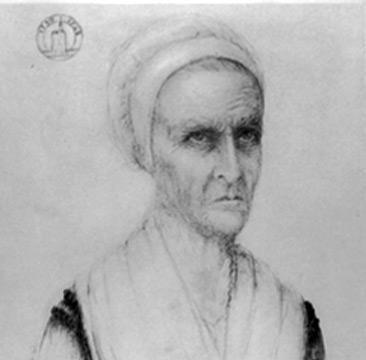
Royal repression against the Protestants
The revocation of the Edict of Nantes in 1685 made any Protestant worship illegal, for instance temples were demolished and pastors expelled. As for the Protestants, they were forbidden to...
Associated notes
-
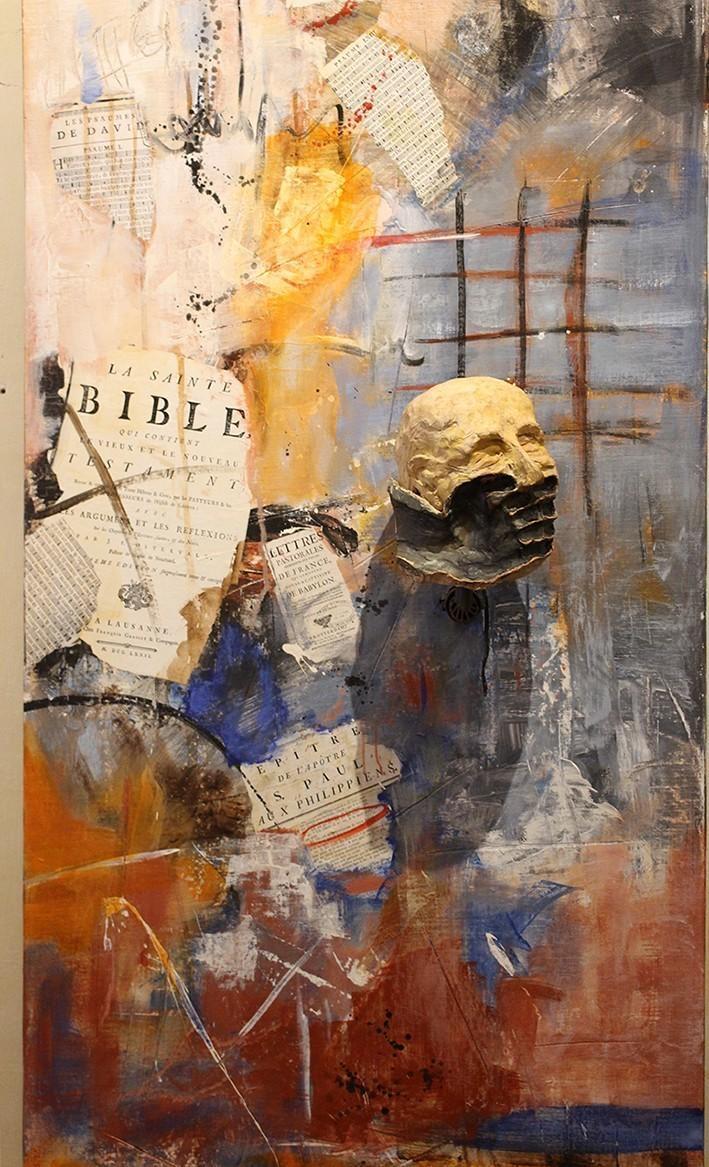
The Huguenot memorial in Ile Sainte-Marguerite
Along with the Castle of If, in Marseilles, the Tower of Constance, in Aigues-Mortes, and the Fort of Brescou, in Agde, the fort on the île Sainte-Marguerite is one of... -
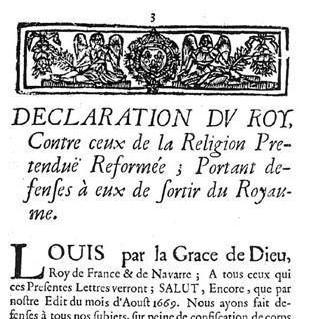
The new converts
When the Edict of Nantes was revoked, nearly all the Protestants who had decided to stay in France had renounced Protestantism : these were the “new converts”. Their attendance at Catholic... -
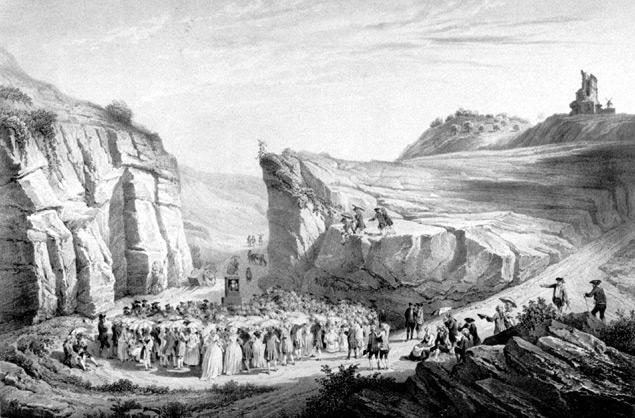
The secret meetings
Long before the Revocation of the Edict of Nantes in 1685, freedom of worship for Protestants was already being questioned. Following the Revocation of the Edict of Nantes, three quarters... -
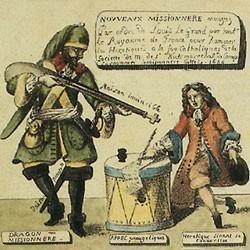
The "Dragonnades" (1681-1685)
A “Dragonnade” was the forced lodging of dragoons, the king’s soldiers, in Huguenot homes. The latter were looted and mistreated until they renounced their faith. -
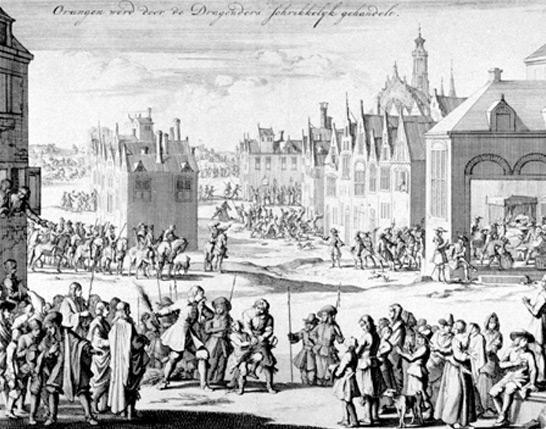
The anti-Reform policy (1661-1685)
In order to implement his policy of restricting the “allegedly Reformed religion”, King Louis XIV first resorted to legal, peaceful means and then to force.

